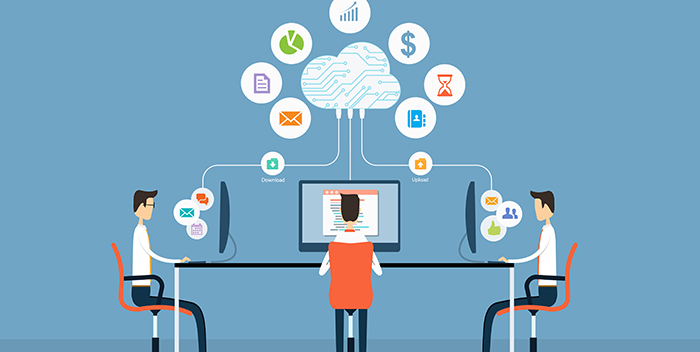The discussion on online privacy concerns is growing every day. By now, most of us have at least a rudimentary understanding of big data. We also understand the potential for misuse and abuse of the vast quantity of information stored about us.
Taking steps to prevent online companies from collecting your data is smart consumerism. There have been dozens of major corporate hacks that have exposed millions of users’ private information.
The United States does not regulate surveillance capitalism. Lobbying for change at the legal and regulatory level are the best options to change the landscape of data collection. Some states like California and Vermont are taking action and passing legislation to stem the tide of how companies can collect and sell your data.
The CEO of Apple has argued that the FTC should create a clearinghouse of data brokers. They would then be required to register with the FTC and held accountable for how the information is safeguarded and used.

What You Can Do
Cybersecurity experts, when asked about how to prevent companies from collecting your data, give a chilling response. There is not much that you can do. There are some tips and tricks to keeping the sheer number of companies from having access to your data.
Practical solutions for keeping your information as secure as possible include:
- Complex passwords
- Never use the same password on different sites
- Use two-factor authentication when possible
Along with following the solutions for keeping your personal data as secure as possible; consider switching to a private search engine. The search engine giants are some of the worst offenders when it comes to harvesting data without consent.
Switching to a private search engine allows you to search the web without adding to the already frightening “knowledge profile” big data has on you. Consider using one, or more, of the following engines to better protect your online data:
- DuckDuckGo—a simple concept of collecting zero user data makes DuckDuckGo a favorite. They use multiple data sources including the large search engines. They protect your query so that the website you visit does not know what lead you there. They collect no information including your IP address.
- HotBot— Hotbot is another search engine making groundbreaking advances in data protection. They have a standard safe search feature that allows you to hide your IP address and any other data while visiting any site.
- Hot.com— Hot.com is designed specifically for adult-only subject matter. This website allows you to opt-out of sharing any personal data across the platform.
Using private search engines that do not share your data helps to reduce the private information you have exposed. Other smart steps to take to reduce the amount of data collected:
- Secure all social media accounts. Decide if there are any you don’t need and delete those. Change the password for each account. Look for accounts that offer two-factor authentication.
- Change your password on all other accounts. People are creatures of habit and tend to use the same password across multiple platforms and leave them in place for years. This is a dangerous practice.
- Use an encrypted operating system. This makes data stored on your computer unreadable to anyone without proper authorization.
- Cut back data sharing online. Be careful of what forms you are willing to fill out.
- Unless you have a VPN (Virtual Private Network) refuse to use public Wi-Fi.
- Keep all operating systems and software up to date. Often security updates are released to fix bugs that have or could give hackers access.
- Be vigilant about phishing scams. They have become more and more sophisticated and are a popular way to infect your device.
Users of giants like Google, Amazon, and Facebook still do not know all the ways that their data is collected, analyzed, stored and used. As consumers, we need to demand an accounting of exactly how far big tech and big data have invaded our lives. Only then will we have the resources to protect ourselves.